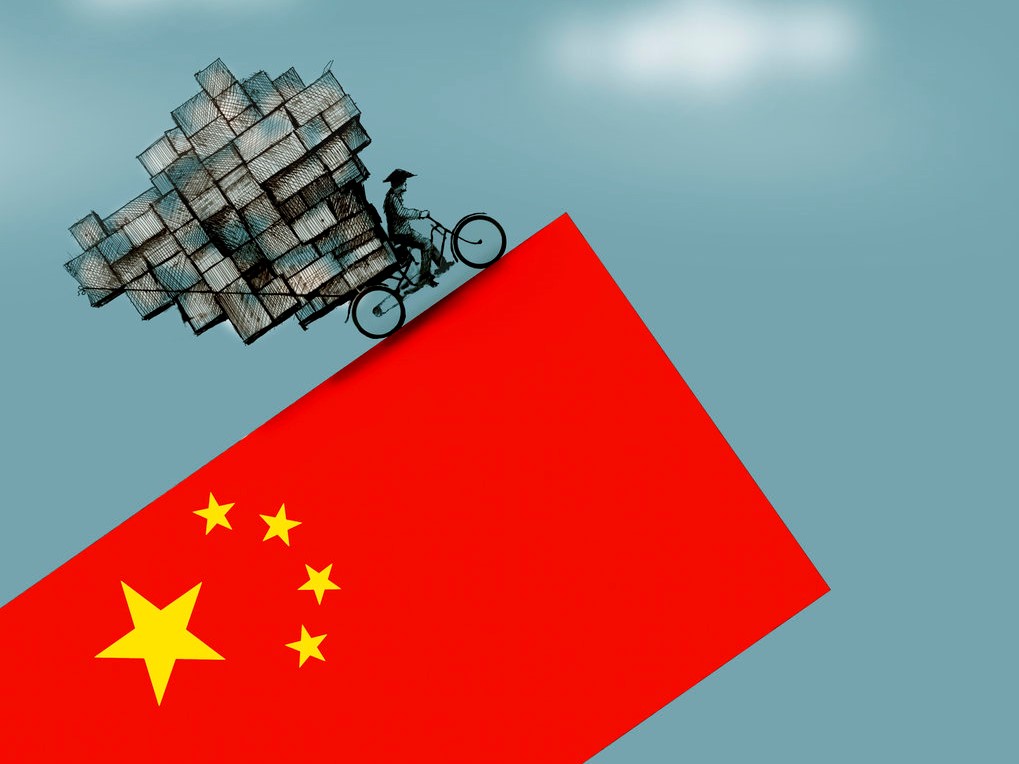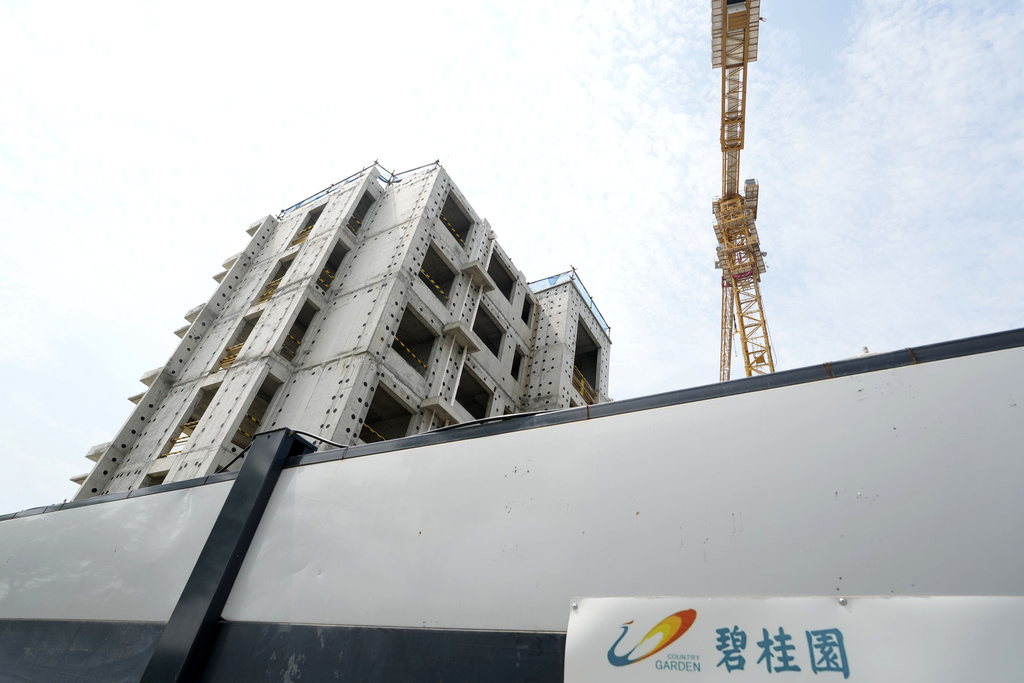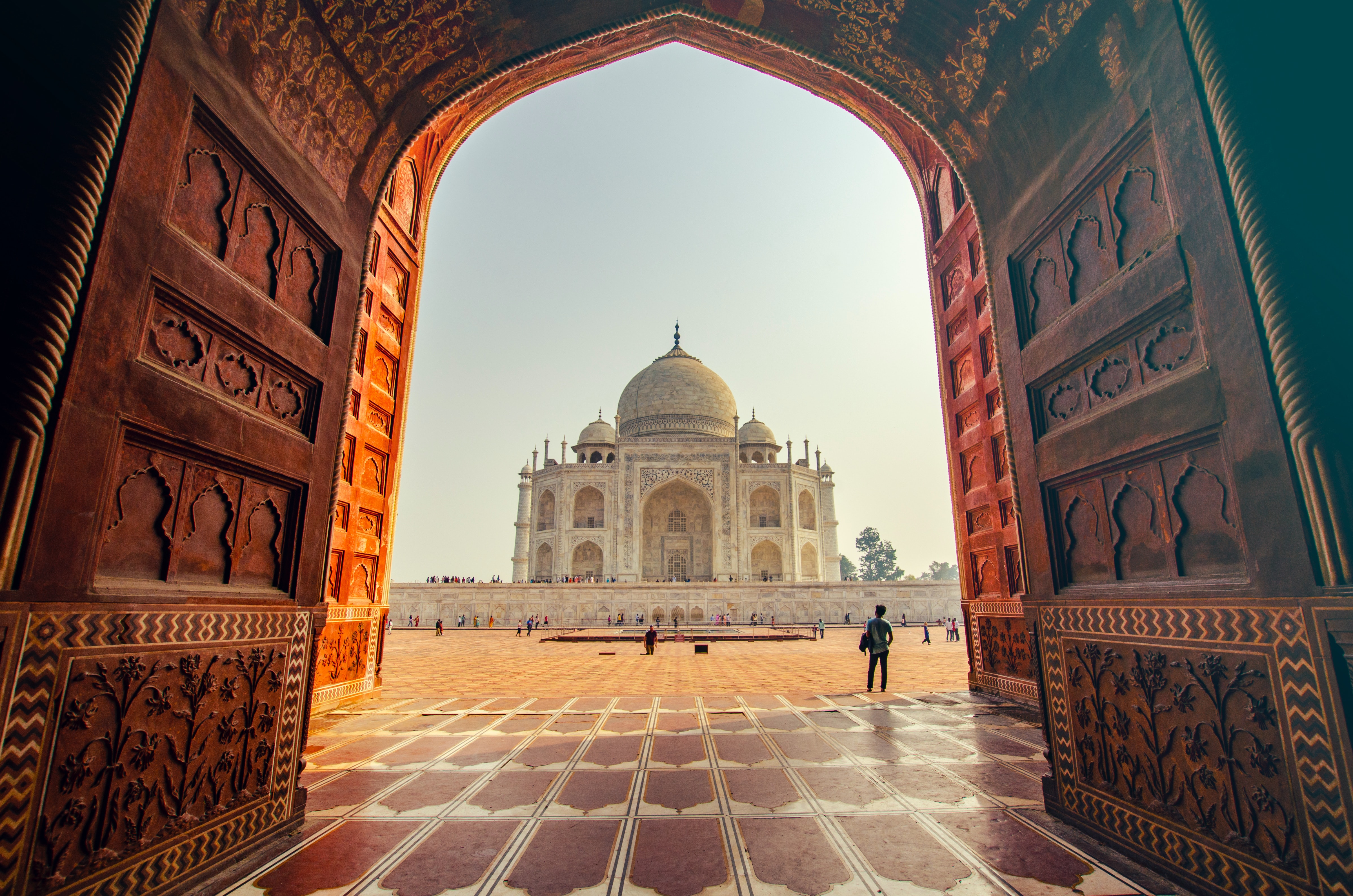
Excluding the daily run of bad economic news coming out of China, a selection of headlines in August alone shows the world beyond our borders:
• Vietnam Carmarker VinFast Now Bigger Than Ford and GM;
• Saudi Arabia’s Mohammad Bin Salman set for UK visit;
• Brazil’s Neymar Signs for Saudi Pro League;
• Argentina’s Wannabe President Plans to Ditch Peso;
• Russia Hikes Interest Rates as Rouble Collapses;
• Burger King India Changes Menu Because of Tomato Prices, and;
• South Africa Plans Rival Bloc to G7.
It does feel like the world is shifting dramatically, with changes triggered by events in 2022.
Suddenly, the West is trying to counter a Russian onslaught through diplomatic channels while not triggering World War Three, while simultaneously managing disparate and conflicting issues in China. Allegiances are shifting all the time. So while contrarians talk of a "peace dividend", the boom in emerging and frontier market noise can be confusing to investors.
Should we just embrace the risk of investing in EM? Cautious investors could be forgiven for reducing exposure to these volatile markets in favour of bonds and cash – or home bias- assets like UK equities.
The Problem Child
Let’s start with the obvious problem with EM investing: China. Not too long ago investors were tremendously excited about China's prospects and saw how its economic miracle was capable of producing superior investment returns than those seen in Western markets.
The last wave of this enthusiasm crested in 2020 and it’s been downhill since, bar the odd revival, as we saw in July this year. China went from a powerhouse of the MSCI EM index to looking like a liability. In 2020, this influential index (and the one that actve funds are often benchmarked against) had a weighting of nearly 41% to China. While that’s now 33%, the weighting is more than double that of Taiwan (14.77%), India (14.21%) and South Korea (12.38%).
That means investing in EM indices gets you a big dollop of Chinese equities and some smaller servings of other Asian giants. Brazil, enjoying something of a revival due to the commodities boom, is a distant 5.49%. If you want more India and Brazil instead, you might have to go active. Single country EM funds exist in both active and passive forms and that is one route if you want to try to pick the winner. Regional funds can spread some of the risk.
MSCI defines emerging markets according to three pillars: their economic development; the size and liquidity of the markets; and their openness to foreign investors.
Economic development relies on gross national income per head and the income of citizens, according to World Bank measures. There's talk of tweaks to the index in the future, with changes to the economic development metrics and a broadening of the market cap metrics.
Morningstar is a rival to MSCI in terms of providing indices, and we have our own Emerging Markets Index. So the purpose of this article is not to critique MSCI EM per se, but to examine some of the dilemmas faced by emerging market investors. One approach is to own the index and assume the burgeoning middle-class consumer narrative will develop of its own accord, which we look at in other articles.
China vs India
Now a behemoth in Asia and the EM space, China could be about fall into the "middle income trap". That’s the argument of Ned Group’s Ian Beattie, who argues against the idea that, as countries get richer, everything tends to go in one direction.
He argues countries can get "stuck" as easily as they progress, and thinks China is going backwards under Xi Zinping. Beattie manages the Nedgroup Investments Global Emerging Markets Equity fund, which has a Morningstar Medalist Rating of Bronze.
He’s bullish on India because it's at an earlier stage of development than China, with a much lower GDP per head.
"India is finally beginning to show its potential," he says, arguing the middle class growth story there is "unimaginably big". On a street level, India may look more chaotic than China, but China’s cleanliness and order could be a sign the best investment returns are behind us. "I would always invest in the chaos and the innovation," he says.
In India, corporate governance is improving, corruption is falling and the sheer weight of outsider money pouring into the country will help drive out bad practices, Beattie argues. In general though, institutions may be the deciding factor in progress.
"No wealthy country has poor institutional quality, and no poor country has high institutional quality," he says.
So you may have heard that "India is the new China" or even "Vietnam is the new China". Beattie does think Vietnam and Indonesia can capture some of China’s manufacturing base. But like all cycles, he thinks we may be approaching peak "anti-China", after which sentiment could turn back easily.
Whether China or India "wins" that battle for sentiment, owning the index could render the whole question immaterial. If, of course, you are willing to take a bit of risk.












.png)









